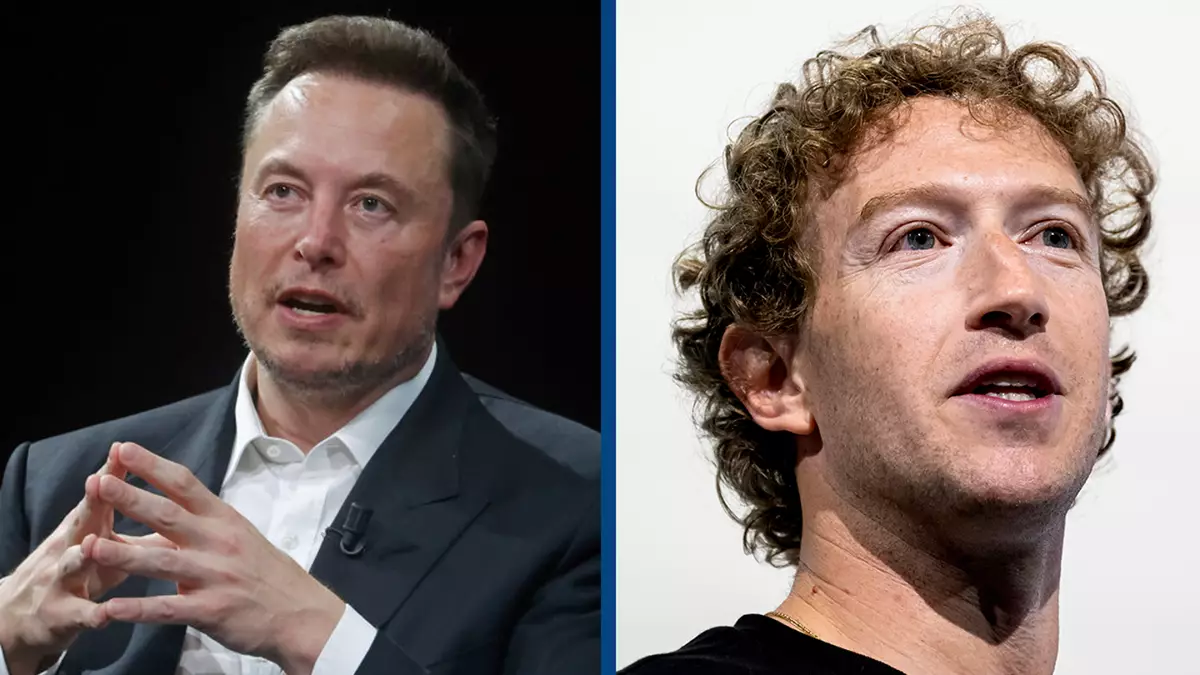In early 2025, Elon Musk the CEO of xAI, initiated a significant move in the artificial intelligence AI industry by attempting to acquire OpenAI, the creator of ChatGPT, for $97.4 billion.
A recent court filing has revealed that Musk reached out to Meta CEO Mark Zuckerberg to explore potential financing arrangements for this acquisition. This development has sparked a legal battle between Musk and OpenAI, shedding light on the competitive dynamics in the AI sector.
Elon Musk’s interest in acquiring OpenAI stems from his belief that the company has deviated from its original mission as a non profit organization. Musk, who co-founded OpenAI in 2015 alongside Sam Altman and others, has been vocal about his concerns regarding the organization’s shift towards a for profit model.
In February 2025, Musk, through xAI made an unsolicited bid to purchase OpenAI, valuing the company at $97.4 billion. OpenAI rejected this offer, viewing it as a publicity stunt rather than a genuine business proposal.
Mark Zuckerberg’s Involvement
According to court documents, Musk sought Mark Zuckerberg’s assistance in financing the acquisition. The filing indicates that Musk and Zuckerberg discussed potential financing arrangements or investments related to the bid.
Neither Zuckerberg nor Meta formally agreed to participate in the acquisition attempt. Meta declined to comment further on the matter. OpenAI rejected Musk’s acquisition offer, viewing it as a publicity stunt rather than a genuine business proposal.
In response, OpenAI filed a lawsuit against Musk, alleging bad faith tactics to slow the company’s progress and seize its innovations for personal benefit. The countersuit seeks damages and legal measures to prevent further alleged interference.
As part of the legal proceedings, OpenAI subpoenaed Meta in June 2025, requesting documents related to any discussions or plans involving Musk’s acquisition bid.
OpenAI aims to determine whether Zuckerberg and Meta were involved in the bid and to understand the extent of their potential collaboration.
The Competitive Landscape in AI
This legal dispute highlights the intense competition in the AI industry. Meta, under Zuckerberg’s leadership, has been aggressively pursuing advancements in AI.
In 2023, Meta executives focused on developing an AI model that could surpass OpenAI’s GPT-4. However, by early 2025 reports indicated that Meta’s AI models had fallen behind the industry standard, reportedly frustrating Zuckerberg.
Concurrently, Musk’s xAI has been making significant strides in AI development. In June 2024, xAI launched Colossus, the world’s largest supercomputer in Memphis, Tennessee.
This move underscores Musk’s commitment to advancing AI technology and competing with industry giants like OpenAI and Meta. The legal battle between Musk and OpenAI, coupled with Meta’s involvement, underscores the high stakes in the AI industry.
The outcome of this dispute could have significant implications for the future direction of AI development, including issues related to commercialization, corporate governance, and innovation.
Furthermore, the case highlights the challenges faced by organizations in maintaining their original missions amidst the pressures of commercialization.
OpenAI’s transition from a non profit to a for profit model has been a point of contention, with critics arguing that it undermines the organization’s foundational principles.
Elon Musk’s attempt to acquire OpenAI, with the involvement of Mark Zuckerberg, marks a pivotal moment in the AI industry. The ongoing legal proceedings will likely shape the future landscape of AI development and influence.
The strategies of companies operating in this space. As the case progresses, stakeholders will be closely monitoring its developments to understand the broader implications for the AI sector.
